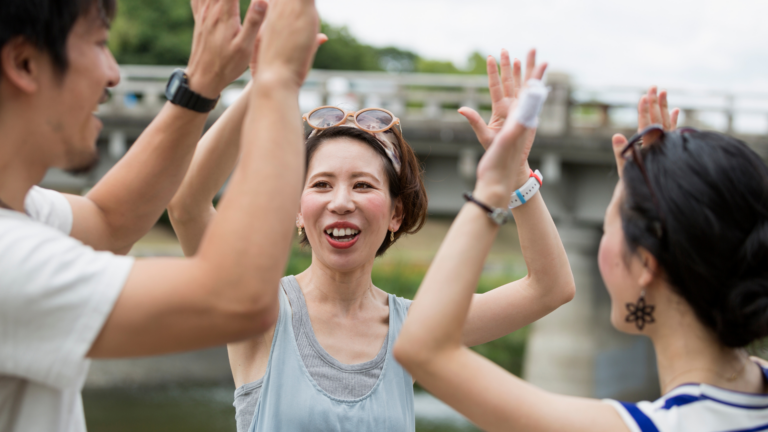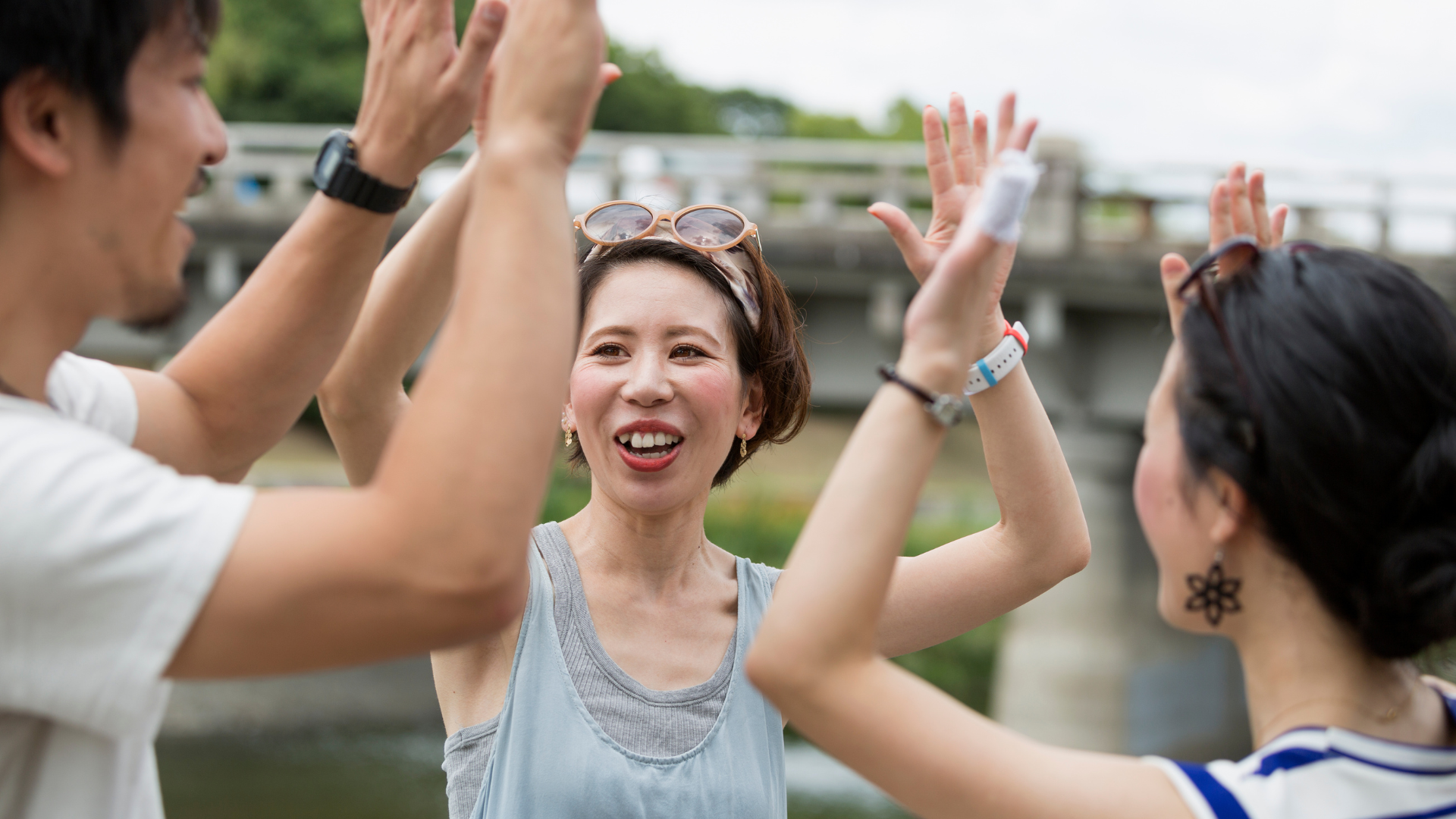Introduction: The Power of Everyday Choices
We often think of ageing as something that happens to us, a process beyond our control. But science tells us otherwise. The way we live each day—our habits, routines, and daily choices—plays a significant role in how we age. While genetics may set the baseline, lifestyle is the deciding factor in whether we experience ageing as a time of vitality or one of decline.
Healthy ageing isn’t about trying to turn back the clock; it’s about making the years ahead as strong, independent, and fulfilling as possible. This article explores the key lifestyle habits that promote longevity and healthspan, offering practical, everyday strategies that anyone can adopt.
Nourishing the Body: The Role of Diet in Ageing Well
Food is more than just fuel; it’s information for our cells. A diet rich in whole, unprocessed foods provides the nutrients necessary for energy, immunity, and cellular repair. Studies consistently show that populations with the longest lifespans consume a diet based on plants, healthy fats, lean proteins, and fermented foods that support gut health.
The Mediterranean diet, for example, is linked to lower rates of heart disease, Alzheimer’s, and diabetes. This diet emphasizes fresh vegetables, olive oil, fish, nuts, and whole grains while minimizing processed foods and added sugars. Similarly, the traditional Japanese Okinawan diet, associated with some of the world’s longest-lived people, includes sweet potatoes, seaweed, tofu, and green tea—foods rich in antioxidants and anti-inflammatory compounds.
A few simple shifts can make a big difference. Cooking at home using fresh ingredients, swapping sugary drinks for herbal teas, and incorporating more plant-based meals into the week can help the body age more gracefully. Hydration is also essential—drinking enough water supports digestion, circulation, and joint health, all of which become more important as we grow older.
The Vital Role of Movement: Staying Active at Any Age
Regular physical activity is one of the most powerful tools for extending healthspan. It keeps the heart strong, preserves muscle and bone mass, and reduces the risk of chronic diseases. Movement doesn’t have to mean running marathons or lifting heavy weights; even moderate activity can yield impressive benefits.
Walking is one of the simplest yet most effective exercises for longevity. Research shows that walking just 7,000 to 10,000 steps per day reduces mortality risk significantly. Strength training is also crucial, as it helps prevent sarcopenia—the loss of muscle mass that comes with ageing—and supports metabolism. Simple bodyweight exercises, resistance bands, or light weightlifting a couple of times a week can maintain strength and coordination.
Movement should also be enjoyable. Dancing, swimming, cycling, or even gardening can keep the body active without feeling like a chore. The key is consistency—finding activities that fit into daily life and making them a non-negotiable part of the routine.
Sleep and Recovery: The Often Overlooked Key to Longevity
Good sleep is often underestimated when it comes to ageing well. Poor sleep quality has been linked to increased inflammation, cognitive decline, and a higher risk of chronic diseases. Yet, many people struggle with sleep as they age, due to changes in circadian rhythms, hormone levels, and lifestyle factors.
To improve sleep, creating a nighttime routine is essential. Limiting blue light exposure from screens an hour before bed, keeping a consistent sleep schedule, and ensuring a dark, cool, and quiet sleeping environment can all contribute to better rest. Evening relaxation techniques such as gentle stretching, reading, or meditation can also signal the body that it’s time to wind down.
Daytime habits matter, too. Getting natural light in the morning helps regulate circadian rhythms, while avoiding caffeine or heavy meals late in the day can prevent disruptions in sleep quality. Restorative sleep allows the body and brain to repair, supporting memory, immune function, and overall well-being.
Managing Stress: The Silent Factor in Ageing
Chronic stress takes a toll on the body, accelerating the ageing process at a cellular level. It increases inflammation, contributes to heart disease, and weakens the immune system. But stress management isn’t just about reducing stress—it’s about learning to navigate life’s challenges with resilience.
Mindfulness practices such as meditation, deep breathing, and yoga have been shown to reduce cortisol levels, the hormone associated with stress. Social connections also play a crucial role. People who maintain strong relationships with family, friends, or community groups tend to live longer, healthier lives. Whether it’s through volunteering, joining clubs, or simply staying in touch with loved ones, social engagement helps reduce loneliness and provides emotional support.
Laughter and playfulness are also natural stress relievers. Engaging in hobbies, listening to music, spending time in nature, or even watching a funny movie can counteract the effects of stress and boost mood.
The Power of Purpose: Staying Engaged and Curious
Having a sense of purpose is a common trait among people who live long, fulfilling lives. Whether through work, hobbies, or community involvement, having meaningful goals gives life direction and motivation. Studies suggest that individuals with a strong sense of purpose have a lower risk of heart disease, stroke, and cognitive decline.
Purpose doesn’t have to be something grand; it can be as simple as learning new skills, mentoring others, or pursuing passions that bring joy. Engaging in lifelong learning—whether through books, online courses, or cultural experiences—keeps the brain active and curious. Having routines that include activities one looks forward to each day fosters a sense of fulfillment and keeps the spirit engaged.
Small Changes, Big Impact
Healthy ageing isn’t about perfection. It’s about making small, sustainable choices that add up over time. The way we eat, move, rest, manage stress, and engage with life all contribute to how we age. While there’s no single formula for longevity, a balanced approach that prioritizes daily well-being leads to a more vibrant, energetic, and independent life.
By focusing on nourishing the body, staying active, prioritizing rest, managing stress, and maintaining a sense of purpose, we can lay the foundation for a long and healthy life. Ageing is inevitable, but how we experience it is largely within our control.
Next Up: Supplements and Alternative Therapies—Do They Really Support Longevity?
References
- Buettner, D. (2012). The Blue Zones: 9 Lessons for Living Longer From the People Who’ve Lived the Longest. National Geographic Society.
- Chatterjee, R. (2019). The Stress Solution: The 4 Steps to Reset Your Body, Mind, and Relationships. Penguin Life.
- Mattson, M. P., et al. (2017). Mechanisms of brain aging and strategies for intervention. Nature Reviews Neuroscience, 18(11), 593-608.
- Patel, D., et al. (2021). Exercise and cognitive aging: A review of the evidence and mechanisms. Journal of Neurochemistry, 159(1), 27-42.
- Walker, M. P. (2017). Why We Sleep: Unlocking the Power of Sleep and Dreams. Scribner.





